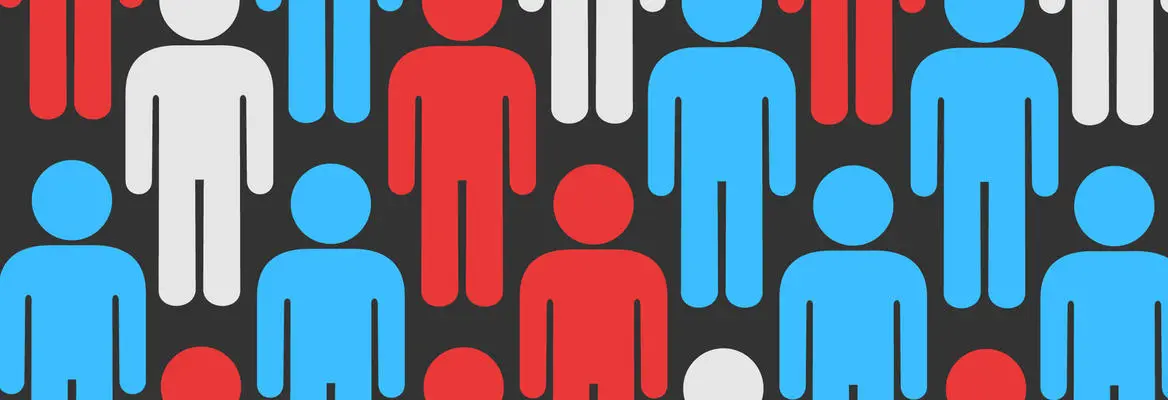It can be comforting to hold that bizarre beliefs and apparent resistance to fact are a sign of irrationality and detachment from reality. But partisan heuristics, political loyalty and insufficient reporting methods play a bigger role than the application of reason, painting an inaccurate picture of a world divided by divergent beliefs.
In 2004 an unnamed member of the Bush administration reportedly described critics as belonging to the “reality-based community”. Members of that community base their proposals on “judicious study of discernible reality”. We, the official said, “create our own reality” instead. The description of liberals as members of the reality-based community was embraced by the left as a badge of honor. Our view of the world is based on fact; theirs is based on fantasy, wishful thinking and prejudice.
If the liberal/conservative divide was a distinction between those in touch with reality and those with a more tenuous grip on it in 2004, how much more is that the case today? We live now in a world of “alternative facts”, in which the US president’s continuous and blatant lies are accepted by his supporters and the right consumes news of dubious legitimacy. Rejection of established science, especially evolution and – tragically – climate change remains (as it was in 2004) largely a right-wing phenomenon. While we on the left may despair at the state of the world in 2020, there is some comfort to be found in the picture of ourselves as the bastions of reason and truth.
The gap in belief is smaller than we tend to think. And when we do have divergent beliefs, we tend to have come to them in similar, and equally rational, ways.
There may be something to this comforting picture. It’s very hard to be sure, because it’s difficult to count beliefs and there are few test cases that are as clear-cut as climate science and evolution, but it might be true that beliefs starkly and demonstrably at odds with reality are more common on the right – at least right now. But in many ways there is much less to the picture than we tend to think. The gap in belief is smaller than we tend to think. And when we do have divergent beliefs, we tend to have come to them in similar, and equally rational, ways.
There is plenty of survey evidence that seems to indicate that left and right live in different worlds. I’ve already mentioned evolution and climate change, but examples are plentiful. Take the ‘Birther’ conspiracy, according to which Barack Obama was not eligible to serve as president because he was not born in the US. The conspiracy was widely endorsed by Republicans (including, notoriously, Donald Trump): just 25% were confident he was eligible, and being well-informed about politics didn’t make a difference to likelihood of endorsement. A little over half of Republicans reported that they thought that Obama was a secret Muslim and around a quarter reported he may be the Antichrist. More recent polling continues to indicate an ideological split. Republicans are far more likely than Democrats to endorse conspiracy theories about the origin of COVID-19.
But these polls exaggerate the real degree of support for these and other often bizarre claims, whether by the right or by others. It is actually very difficult to probe people’s beliefs, and there are good reasons to think that standard polls, and a large amount of the academic research on conspiracies, don’t succeed in measuring what they aim to measure.















Join the conversation